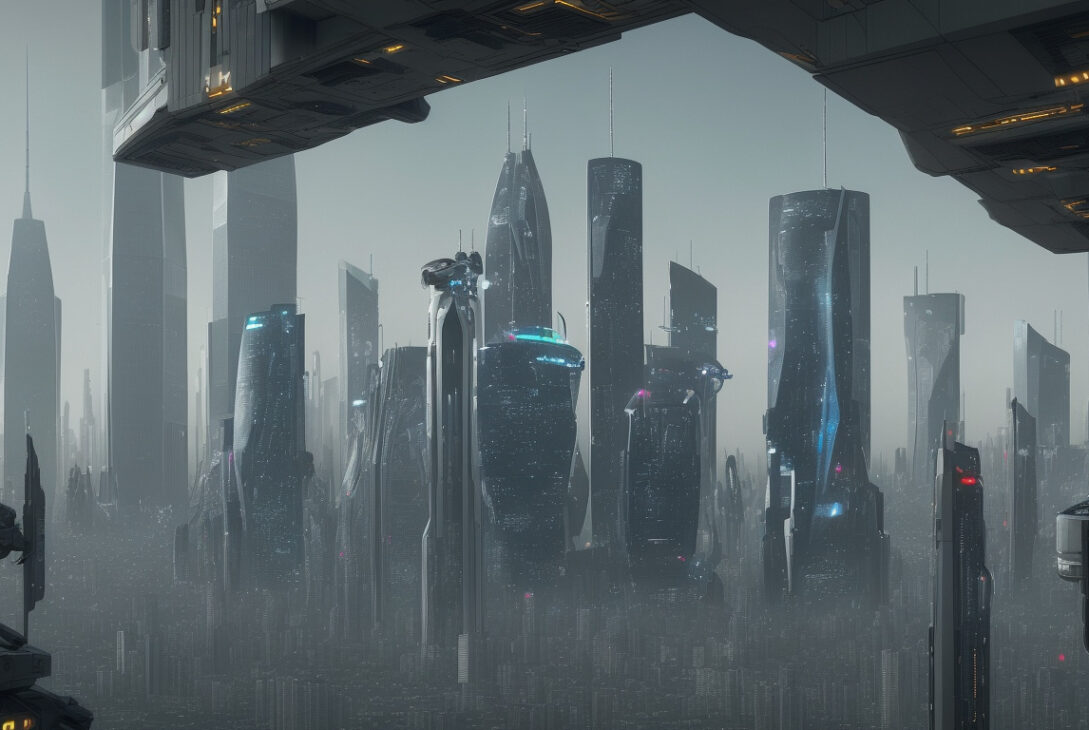‘Godfather of AI’ Geoffrey Hinton Predicts Massive Unemployment and Soaring Profits from AI, Attributing Impact to Capitalism
In a recent, wide-ranging interview with the Financial Times, Geoffrey Hinton, pioneering computer scientist and Nobel laureate known as the “godfather of AI,” issued stark warnings about the socio-economic consequences of artificial intelligence. Hinton foresees AI triggering a surge in unemployment and an unprecedented rise in corporate profits as companies increasingly replace workers with AI technologies. However, he emphasizes that this outcome stems less from AI itself and more from the dynamics of the capitalist system.
AI to Reshape Labor Market, Enrich the Few, and Disrupt Entry-Level Jobs
Hinton, formerly a key figure at Google and celebrated for his foundational contributions to AI, highlighted that the benefits of AI will largely accrue to wealthy individuals and corporations. “What’s actually going to happen is rich people are going to use AI to replace workers,” he told the Financial Times. “It’s going to create massive unemployment and a huge rise in profits. It will make a few people much richer and most people poorer. That’s not AI’s fault, that is the capitalist system.”
While large-scale layoffs have not yet materialized, mounting evidence suggests AI is already reducing opportunities at the entry-level tier of the workforce—especially affecting recent college graduates attempting to launch their careers. Supporting this trend, a New York Federal Reserve survey found companies implementing AI are more inclined to retrain existing employees rather than immediately resort to layoffs. Nevertheless, layoffs are expected to increase in the months ahead as AI adoption accelerates.
Healthcare as a Potential Exception Amid Job Displacement
Despite concerns over job losses in many sectors, Hinton identified healthcare as one field likely to be shielded from such disruption. On the Diary of a CEO YouTube series in June, he explained that if AI could make doctors significantly more efficient—potentially five times as productive—then healthcare’s availability could vastly expand without corresponding cost increases.
“There’s almost no limit to how much health care people can absorb—[patients] always want more health care if there’s no cost to it,” Hinton said. While mundane and repetitive tasks in various industries may face near-total automation, he predicted that professions requiring high-level skills would be less vulnerable.
Skepticism Toward Universal Basic Income and AI’s Human Dignity Implications
Hinton also addressed proposals like OpenAI CEO Sam Altman’s suggestion to implement a universal basic income (UBI) in response to AI-induced economic shifts. He rejected UBI as insufficient for preserving human dignity, arguing that jobs provide individuals with value beyond financial compensation.
“UBI won’t deal with human dignity and the value people derive from having jobs,” Hinton stated, underscoring the importance of purposeful work in society.
A Dual Perspective on AI Risks: Existential Threats and Malicious Use
Beyond economic impacts, Hinton has long warned about existential risks associated with AI unchecked by proper safeguards. He estimates a 10% to 20% chance that future superintelligent AI systems could pose catastrophic threats to humanity.
He categorizes AI dangers into two main types: intrinsic risks posed by the technology itself and risks from malicious human actors exploiting AI. In the Financial Times interview, Hinton cautioned that AI could potentially be used to design bioweapons, lamenting what he sees as insufficient AI regulation in the United States compared to China’s more proactive measures.
“We don’t know what is going to happen, we have no idea, and people who tell you what is going to happen are just being silly,” Hinton said. “We are at a point in history where something amazing is happening, and it may be amazingly good, and it may be amazingly bad. We can make guesses, but things aren’t going to stay like they are.”
Personal Use of AI and Departure from Google
Hinton also shared how he personally uses AI tools, citing OpenAI’s ChatGPT as his preferred product—primarily for research purposes. In a humorous anecdote, he revealed that during a breakup, a former partner had employed ChatGPT to illustrate why he was being unreasonable, though it did little to trouble him.
Addressing his 2023 departure from Google, Hinton dismissed speculation that he left to speak freely on AI risks. “I left because I was 75, I could no longer program as well as I used to, and there’s a lot of stuff on Netflix I haven’t had a chance to watch," he said. “I had worked very hard for 55 years, and I felt it was time to retire. And I thought, since I am leaving anyway, I could talk about the risks.”
The conversation surrounding AI’s rapid advancement is unfolding at a critical juncture, raising complex challenges for policymakers, businesses, and society at large. Geoffrey Hinton’s insights underscore the urgency of addressing both the economic inequalities and existential risks posed by AI as it reshapes the future of work and humanity.
For more insights and analysis on AI and the future of work, stay tuned to Fortune’s ongoing coverage.










